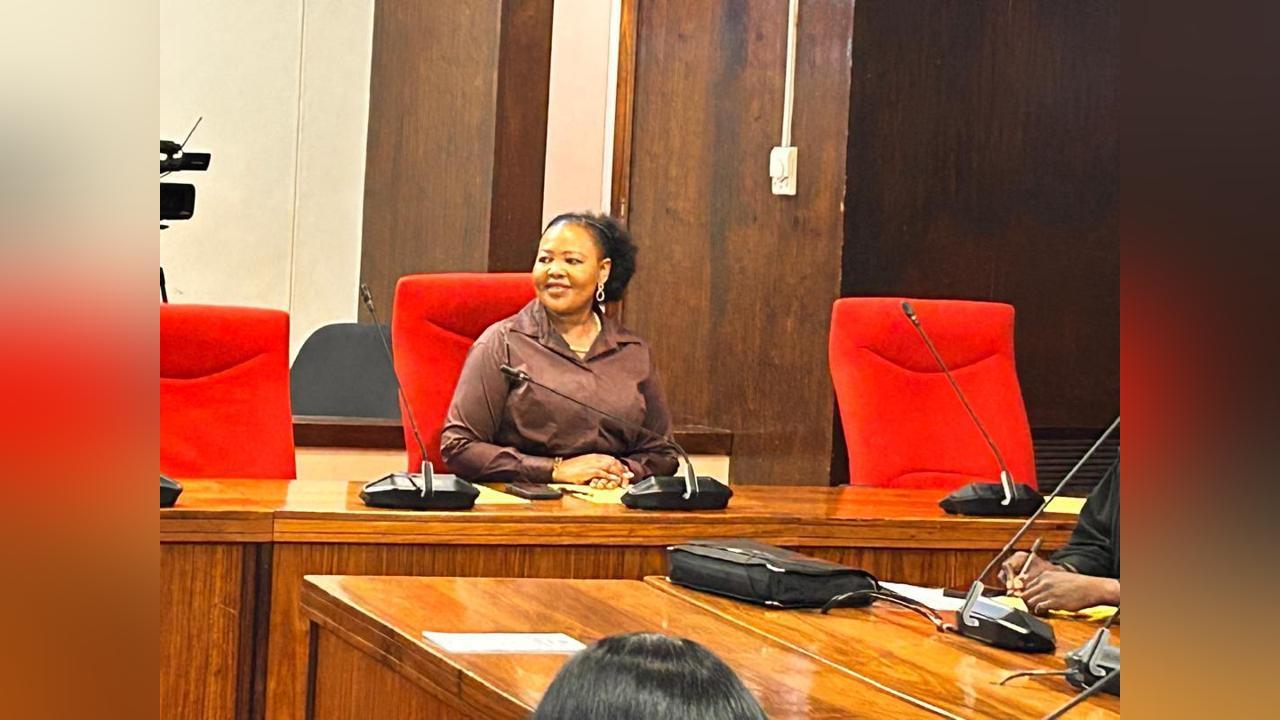Africa-Press – Eswatini. A Motion without notice raised by Senator Sicelo Dlamini and seconded by Senator Chief Prince Mphatfwa on Tuesday led to a spirited debate in the Senate over the Radiation Amendment Bill, which seeks to tighten national laws governing the control and safe use of radioactive materials.
The Radiation Amendment Bill, tabled for discussion without prior notice, proposes changes to several clauses in the Radiation Protection Act of 2017, with the aim of strengthening regulatory oversight, aligning local legislation with international safety standards, and enhancing penalties for non-compliance.
Among the amended clauses, Clause 3 now empowers the Minister of Natural Resources and Energy to issue regulations concerning the licensing, importation, and transport of radioactive materials, in consultation with the Radiation Protection Board. This provision expands ministerial authority and establishes clearer lines of accountability.
Clause 5 has been revised to require all institutions using radiation including hospitals, laboratories, and industrial operators to register their equipment and radiation sources annually, rather than once every three years as previously required.
The amendment is intended to improve record accuracy and promote continuous monitoring.
Clause 8 introduces stiffer penalties for unauthorized possession or disposal of radioactive substances, increasing fines from E50,000 to E250,000, and imprisonment terms from two to five years.
Senator Pholile Shakantu during a sitting the House of Senate on Monday.
Lawmakers said the tougher sanctions reflect the growing risks associated with radiation misuse and improper handling.
In motivating the motion, Senator Sicelo Dlamini said the amendments were “long overdue” and necessary to ensure Eswatini remains compliant with international radiation safety conventions.
“The amendments will enhance national capacity to protect both human life and the environment from the dangers of radiation exposure,” he said.
Seconding the motion, Chief Prince Mphatfwa stressed the importance of safeguarding the country’s medical and industrial facilities where radiation is commonly used.
“We cannot afford to be reactive when it comes to radiation safety. Updating our legal framework is a matter of national health security,” he stated.
Other senators echoed similar sentiments, welcoming the motion and calling for adequate funding to support the Radiation Protection Board’s enforcement and public education activities.
The Senate resolved that the amended bill be referred to the Portfolio Committee on Natural Resources and Energy for detailed scrutiny before its next reading.
The debate highlighted the legislature’s commitment to strengthening public safety and environmental protection measures as Eswatini continues to modernize its industrial and medical sectors.
For More News And Analysis About Eswatini Follow Africa-Press







